15 Reasons Mother’s Day Outshines Father’s Day In Celebration And Promotion
Mother’s Day and Father’s Day both aim to celebrate the indispensable roles that parents play in our lives. Yet, Mother’s Day often outshines its counterpart in both celebration and promotion.
With a blend of humor and cultural observation, we’ll delve into why this is the case, exploring historical, social, and emotional factors.
1. Let’s Be Honest—It’s Not Even Close

While both Mother’s Day and Father’s Day aim to appreciate parents, there’s an undeniable disparity in how they are celebrated. The commercialization of these holidays paints a vivid picture: Mother’s Day seems to get the royal treatment. From grand advertisements to special sales, the buzz is palpable. It’s like comparing a blockbuster movie premiere to a well-liked indie film.
Even the enthusiasm in conversations tilts toward moms, often leaving dads in the background. Humorously, it feels more like a national event for mothers, while Father’s Day might just be a nice Sunday brunch. This difference often leads to playful banter, acknowledging that the scale isn’t exactly balanced in the celebration department.
2. Stores are decked out weeks in advance—for moms
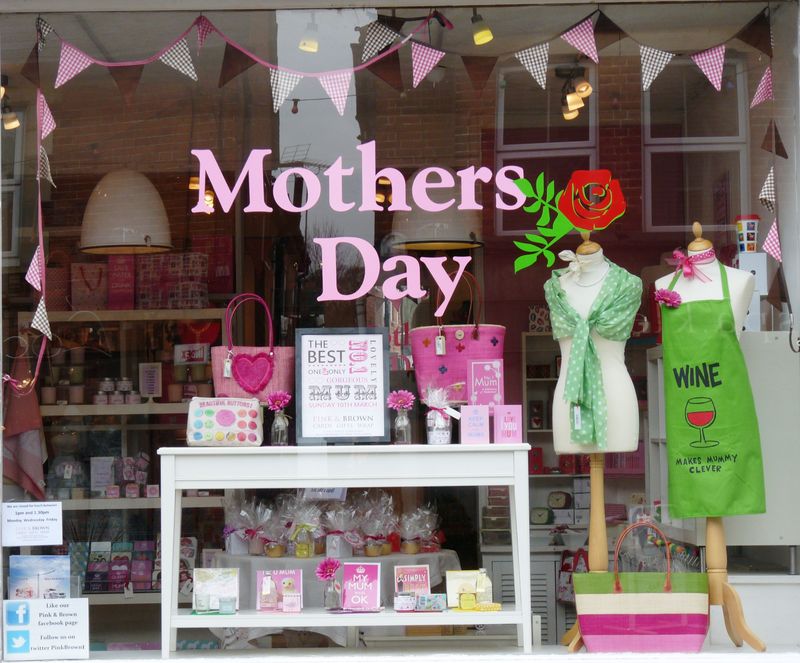
Walk into any store weeks before Mother’s Day, and you’ll be greeted with vibrant displays dedicated to the occasion. From flowers to chocolates, retailers pull out all the stops to entice shoppers into buying that perfect gift for mom.
The aisles are brimming with potential presents, each more elaborate than the last. It’s a retail spectacle that’s hard to miss. On the contrary, Father’s Day doesn’t quite get the same visual fanfare. The decorations are more subdued, as if waiting for a late invitation to the party. This retail enthusiasm for Mother’s Day says a lot about the holiday’s cultural and commercial significance.
3. Restaurants fill up faster for Mother’s Day

If you’ve ever tried booking a restaurant for Mother’s Day brunch, you know the struggle. Reservations fill up at lightning speed, with families eager to treat mom to a special day out. This culinary enthusiasm speaks volumes about the importance placed on making moms feel cherished.
Father’s Day, while appreciated, doesn’t quite cause the same rush to the booking lines. It seems dads are more likely to enjoy a laid-back barbeque at home rather than a bustling dining experience. The difference in dining celebrations reflects the societal emphasis on pampering mothers, often prioritizing them during these special occasions.
4. Greeting card aisles quadruple in size
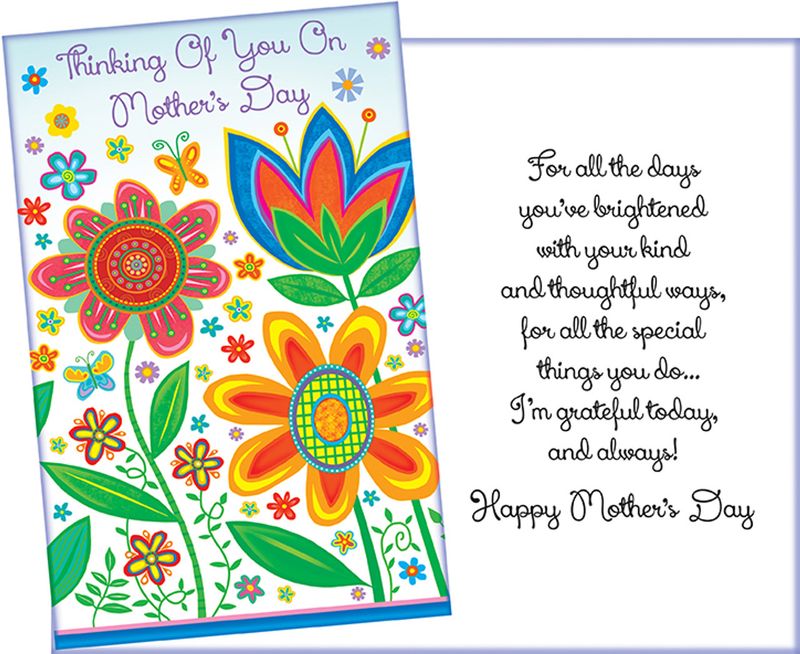
Step into the greeting card section near Mother’s Day, and you’ll find an overwhelming array of choices. Cards range from heartfelt to humorous, catering to every mother-child relationship nuance. It’s a cardboard wonderland, where finding the perfect sentiment is both a challenge and a joy. In contrast, Father’s Day cards are fewer, often leaning on humor rather than emotion.
The expansive selection for Mother’s Day highlights the cultural richness associated with expressing gratitude and love for mothers. This card bonanza underscores the emotional investment society places on celebrating motherhood with just the right words.
5. Schools go all-in on crafts and events
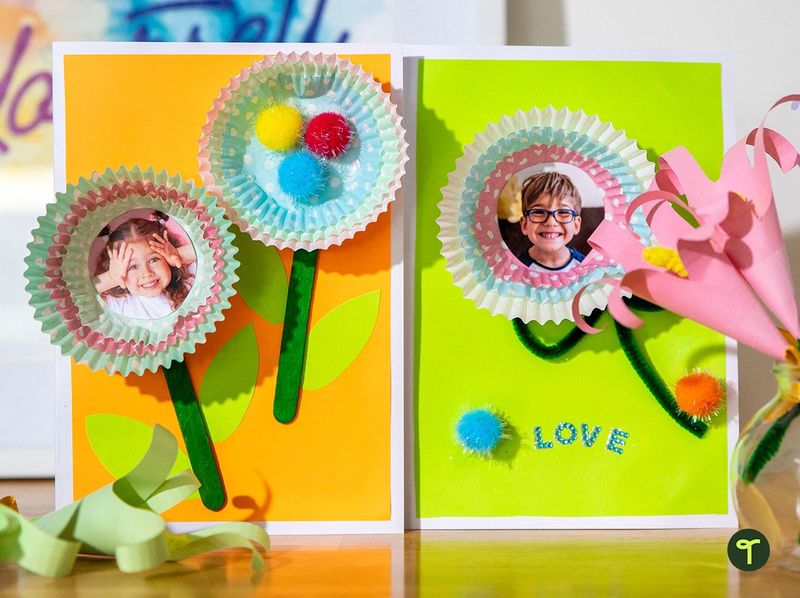
Schools become bustling hubs of creativity around Mother’s Day. Teachers guide students through heartfelt crafts and special events dedicated to making moms feel appreciated. It’s a flurry of glue, glitter, and giggles as children pour their hearts into handmade gifts. While Father’s Day sees some crafty action, the scale and enthusiasm are often not as pronounced.
The educational focus on celebrating mothers reveals an ingrained societal value placed on acknowledging their endless dedication. This tradition of school-driven celebrations for Mother’s Day fosters a culture of appreciation from a young age, emphasizing the cherished role mothers play in our lives.
6. Motherhood is deeply tied to identity and emotion
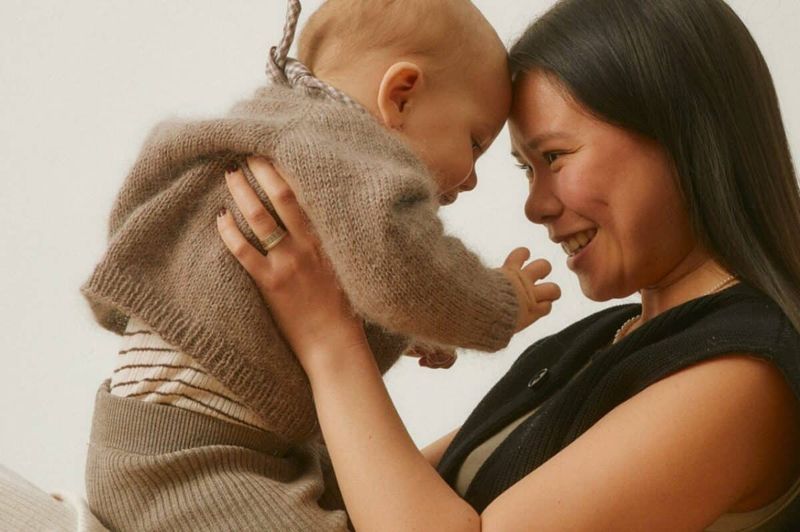
The bond between a mother and child is often seen as one of the most profound relationships, deeply tied to identity and emotion. This connection is celebrated with gusto on Mother’s Day, emphasizing the unique role mothers play. Mothers are often viewed as the emotional anchors of families, providing unwavering support and love. This perception fuels the desire to honor them grandly.
While fathers also contribute significantly, the emotional narrative surrounding motherhood tends to dominate cultural expressions. This emphasis on mothers’ emotional roles makes Mother’s Day celebrations feel more personal and heartfelt, resonating deeply with many families.
7. Moms often carry the emotional labor—so the day hits deeper
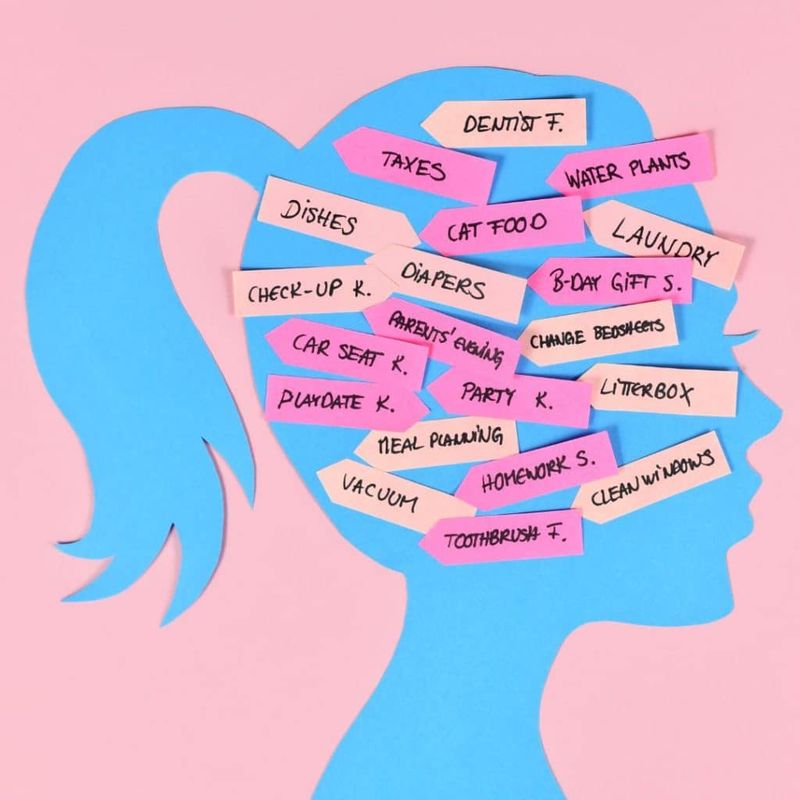
Mothers are frequently the unsung heroes of emotional labor, managing the intricate web of family dynamics with grace. They remember birthdays, soothe hurts, and keep the emotional ship steady. This often invisible work is a key reason Mother’s Day resonates so deeply.
It’s a day to acknowledge not just their physical presence, but the emotional stability they provide. Fathers, though equally important, are often associated with different kinds of contributions. The recognition of emotional labor on Mother’s Day elevates the celebration, transforming it into a heartfelt acknowledgment of all the behind-the-scenes work mothers do.
8. Society romanticizes mothers more than fathers
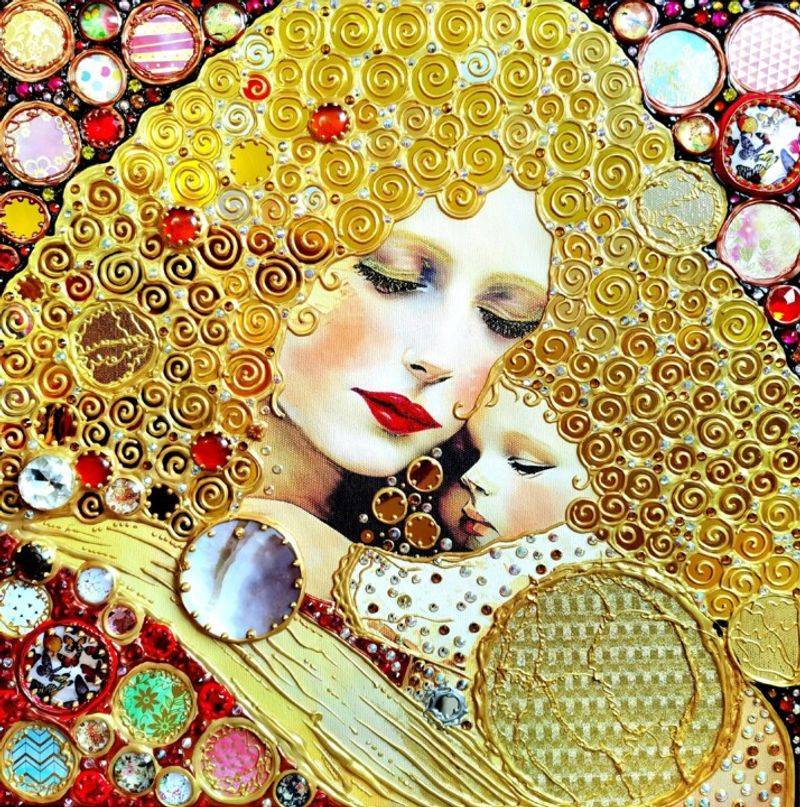
Culturally, mothers are often placed on a pedestal, romanticized as the epitome of love and sacrifice. This idealized image is fueled by literature, film, and popular culture, which frequently portray mothers as nurturing and selfless. This societal narrative contributes to the grandeur of Mother’s Day celebrations. Fathers, while respected, don’t always receive the same level of romanticized attention.
The cultural lens often views them through a more practical, less sentimental focus. This difference in societal perception explains why Mother’s Day often feels more celebrated, as it taps into deeply ingrained romantic ideals about motherhood.
9. “World’s Best Mom” merch is easier to find

Walk through any gift shop, and you’re likely to stumble upon an array of “World’s Best Mom” merchandise. From mugs to t-shirts, these items celebrate the cherished role of mothers with flair. They’re easy to find, and there’s something about seeing these words that brings warmth.
The abundance of such merchandise highlights society’s eagerness to celebrate mothers openly and enthusiastically. In comparison, similar items for fathers, while present, don’t quite flood the market the same way. This difference underscores the cultural emphasis placed on motherhood, making Mother’s Day feel like a larger celebration in both sentiment and sales.
10. Moms are more likely to want the day celebrated

Many mothers openly express their desire for recognition and celebration on Mother’s Day, valuing the opportunity to be appreciated for their tireless efforts. This openness often leads to more elaborate celebrations, as families strive to meet these expectations. Fathers might be more reserved, often downplaying the need for a big celebration.
This difference in attitude influences the scale of the festivities. When moms voice their desire for a special day, it often results in grand gestures and gatherings, reinforcing the cultural norm of making Mother’s Day a standout celebration. This openness to celebration elevates the holiday’s prominence.
11. Mother’s Day marketing is sentimental—Father’s Day is often a joke

Marketing campaigns for Mother’s Day often tug at the heartstrings, filled with sentimental messages that emphasize love, gratitude, and family. Advertisers know how to pull on those heartstrings, crafting messages that resonate deeply. Father’s Day ads, however, frequently lean towards humor, focusing on dads’ playful or practical sides.
This difference in tone reflects broader societal narratives about gender roles and expectations. The sentimental marketing for Mother’s Day contributes to its more heartfelt and serious celebration, while Father’s Day’s humorous approach often underscores a lighter, more casual observance.
12. Moms typically organize Father’s Day—dads don’t always do the same

It’s a well-known family dynamic: mothers often take the lead in organizing family events, including Father’s Day. They plan, coordinate, and ensure everything runs smoothly, turning the day into a memorable occasion for dads. This proactive approach isn’t always reciprocated.
Fathers may not be as inclined to orchestrate Mother’s Day festivities, contributing to the disparity in how each day is celebrated. The tendency for mothers to handle the planning means Father’s Day gets the attention it deserves, while Mother’s Day relies more on family members stepping up. This planning dynamic highlights the different ways moms and dads engage with these celebrations.
13. Culture links moms to nurturing, which gets more visibility

Cultural narratives often highlight mothers as the embodiment of nurturing, a role that garners significant visibility and appreciation. This perception is deeply embedded in various cultural expressions, from art to media, celebrating mothers as caregivers. Such portrayals fuel the grandeur of Mother’s Day, emphasizing the nurturing aspect of motherhood
Fathers, while also nurturing, are often depicted in different roles, such as protectors or providers. This cultural emphasis on nurturing mothers amplifies the visibility and celebration of Mother’s Day, as it aligns with the societal narrative that cherishes and honors caregiving roles.
14. Ads lean on nostalgia and sacrifice for moms
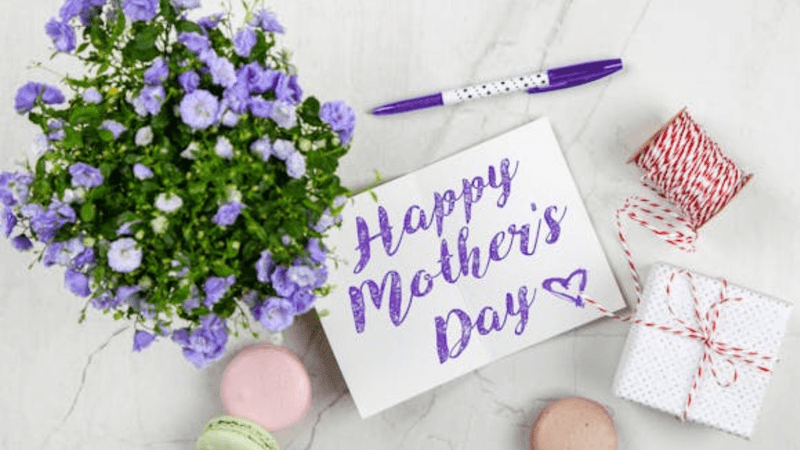
Advertising for Mother’s Day is a masterclass in evoking nostalgia and highlighting a mother’s sacrifices. These campaigns often feature touching stories that span years, illustrating a mother’s unwavering dedication. This approach resonates with audiences, as it taps into personal memories and shared experiences.
Conversely, Father’s Day ads might focus on more lighthearted themes, like grilling or gadgets. The emphasis on nostalgia and sacrifice in Mother’s Day marketing fosters a deeper emotional connection, enhancing the holiday’s significance. This strategic storytelling underscores the societal value placed on recognizing and celebrating the often unseen sacrifices mothers make.
15. Mother’s Day is treated like an emotional holiday—Father’s Day is practical

Mother’s Day is often seen as an emotional celebration, filled with heartfelt expressions of love and gratitude. Families gather to shower moms with affection, creating a day steeped in emotion. In contrast, Father’s Day tends to be more practical, often centered around activities like BBQs or sports.
This difference reflects broader societal attitudes towards parenting roles, where mothers are often associated with emotional support and fathers with practical assistance. The emotional nature of Mother’s Day celebrations underscores its prominence, as it taps into the sentimental aspects of family life, making it a uniquely cherished occasion.







